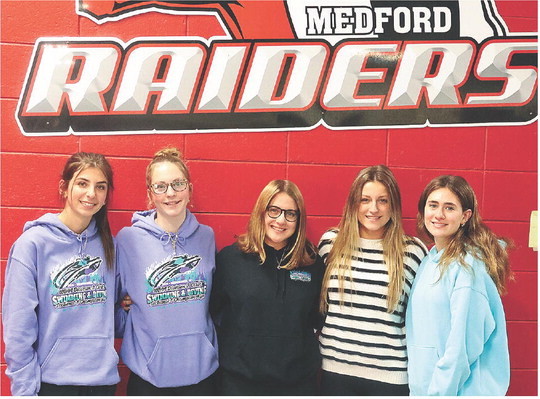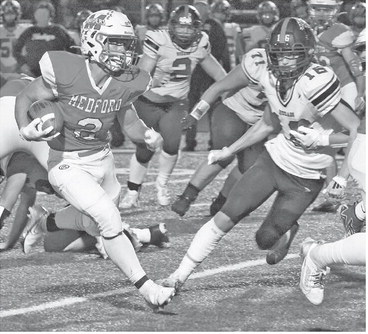DNR Learn To Hunt instructed over 800 novice hunters in fall 2021, spring 2022
The Wisconsin Department of Natural Resources (DNR) has announced that more than 300 youth and adult hunters participated in Learn to Hunt programs in 2021.
Last year, 19 organizations coordinated Learn to Hunt events statewide for bear, deer, waterfowl and pheasant hunting, with 117 volunteers providing instruction to more than 300 novice hunters.
The Learn to Hunt program provides opportunities for organizations to help novice hunters learn how to hunt a variety of species, including turkey and small game like pheasants and waterfowl, and big game like deer and bear.
“Learning to hunt and teaching someone to hunt are long-term processes that can feel daunting, both to the people who want to learn and to experienced hunters who have jobs, families and their own hunting seasons,” said Emily Iehl, DNR Hunting and Shooting Sports Program Specialist. “Part of what makes hunting amazing and worth pursuing is the amount of time spent in nature. The Learn to Hunt program provides the extra time and flexibility needed for a quality learning experience.”
The Learn to Hunt program is open to anyone new to hunting and helps address challenges such as equipment needs, effective hunting techniques and finding a place to hunt. With DNR approval, participants may hunt in a sanctioned Learn to Hunt event without a hunting license, provided they are within arm’s reach of an experienced volunteer hunting instructor who has passed a background check.
To host a Learn to Hunt event, volunteer instructors commit to at least four hours of classroom and field instruction covering species biology, safe handling and use of firearms, hunting strategies and tactics and more. The events typically culminate in a one-on-one hunt with an experienced volunteer hunting instructor.
Beginning this past fall, the DNR Hunting and Shooting Sports Program asked Learn to Hunt instructors to document their hours spent volunteering for the program. These volunteer hours help the future of hunting and management of wildlife populations by helping to secure federal funding dedicated for conservation in Wisconsin.
Of the 22 organizations that submitted volunteer hour reports, 323 instructors logged 6,154.5 volunteer hours, more than 19 hours per person. Some volunteers contributed over 100 hours.
The DNR is grateful for the volunteers and landowners who are willing to share their time, experience and property to promote the future of hunting through the Learn to Hunt program.
The Learn to Hunt program is already off to a strong start in 2022. This spring, 40 organizations and more than 500 volunteers coordinated Learn to Hunt events for turkey hunting for nearly 500 participants.
Experienced hunters at least 18 years old can become hunting mentors to share their knowledge and passion with those seeking to learn more about hunting. Learn more about becoming or finding a hunting mentor on the DNR’s Hunting Mentor webpage, https://dnr.wisconsin. gov/Education/OutdoorSkills/mentor Learn more about attending or leading a Learn to Hunt event on the DNR’s Learn to Hunt webpage, https://dnr.wisconsin. gov/Education/OutdoorSkills/
lth.





